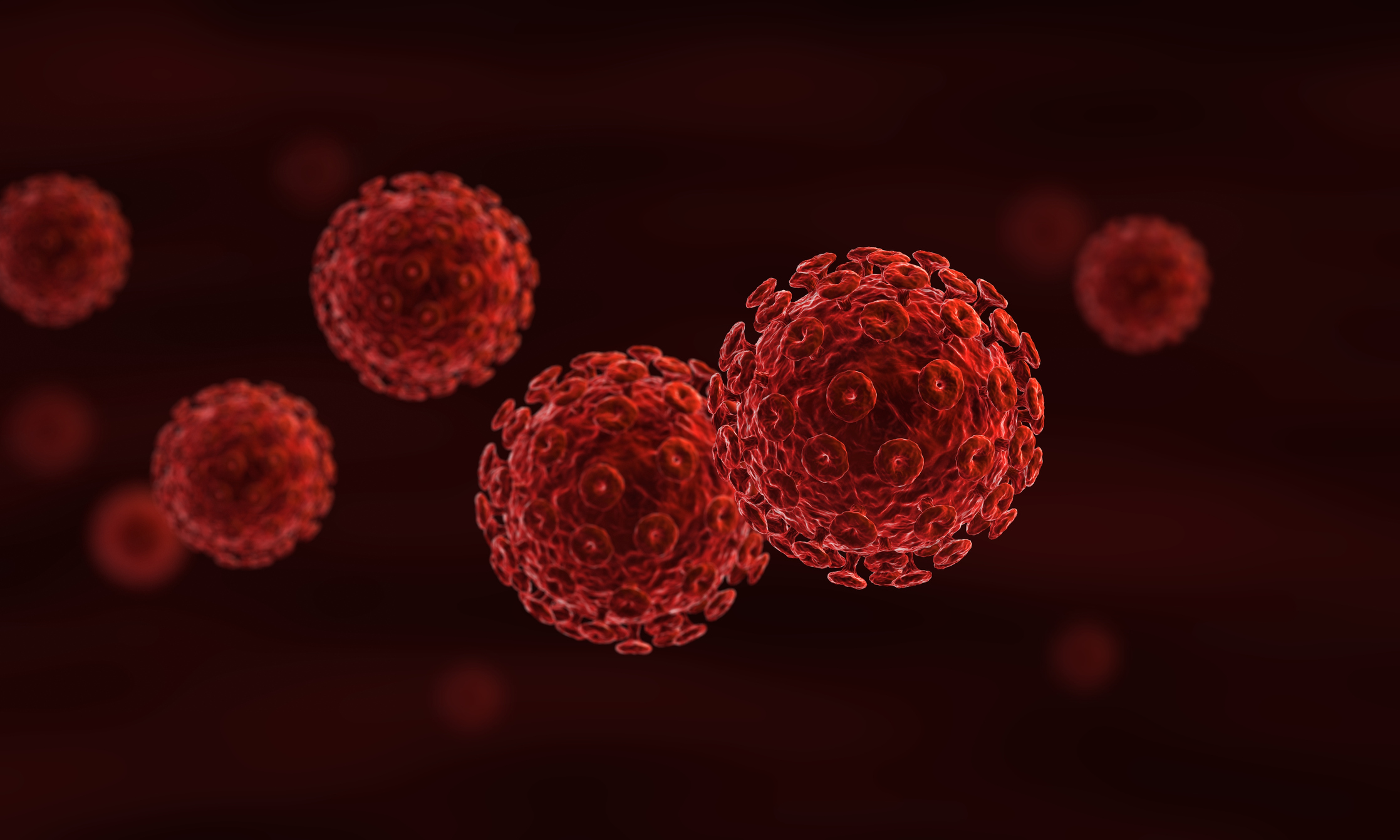Zika virus (ZIKV) is a positive-stranded RNA virus within the Flaviviridae family. After decades of circulation in Asia, ZIKV was introduced to Brazil in 2014-2015, associated with a rise in congenital malformations. Unlike the genetically related dengue virus (DENV), ZIKV constitutes only one serotype. Although assumed that ZIKV infection may engender lifelong immunity, the long-term kinetics of ZIKV antibody responses are unclear. We assessed long-term kinetics of ZIKV NS1-IgG response in 144 individuals from 3 different subpopulations: HIV patients, tuberculosis patients and healthy individuals first tested in 2016 and retested 1.5-2 years after the 2015-2016 ZIKV epidemic in Salvador de Bahia, Brazil, using a widely distributed NS1-based commercial ELISA. The seropositivity in 2016 reached 59.0% (85/144, 95% confidence interval (CI) 50.7-66.7%), and decreased to 38.6% (56/144, CI 31.3-47.0%) 1.5-2 years later. In addition, the median ZIKV NS1-ELISA reactivity for individuals that remained positive in both timepoints significantly decreased from a ratio of 4.4 (95% CI 3.8-5.0) to 1.6 (95% CI 1.6-1.9) over the 2-year interval (Z: – 6.1; p < 0.001) irrespective of the subpopulation analyzed. Initial 2016 DENV antibody response was non-significant between groups, suggesting comparable DENV background. The high 20.6% seroreversion suggest that widely used serologic tests may fail to account a considerable proportion of past ZIKV infections in flavivirus endemic countries. In addition, ZIKV immunity might be shorter-lived than previously thought, which may contribute to local ZIKV resurgence once individual immune responses wane sufficiently to reduce community protective immunity in addition to birth and migration.
Rapid decline of Zika virus NS1 antigen-specific antibody responses, northeastern Brazil.


